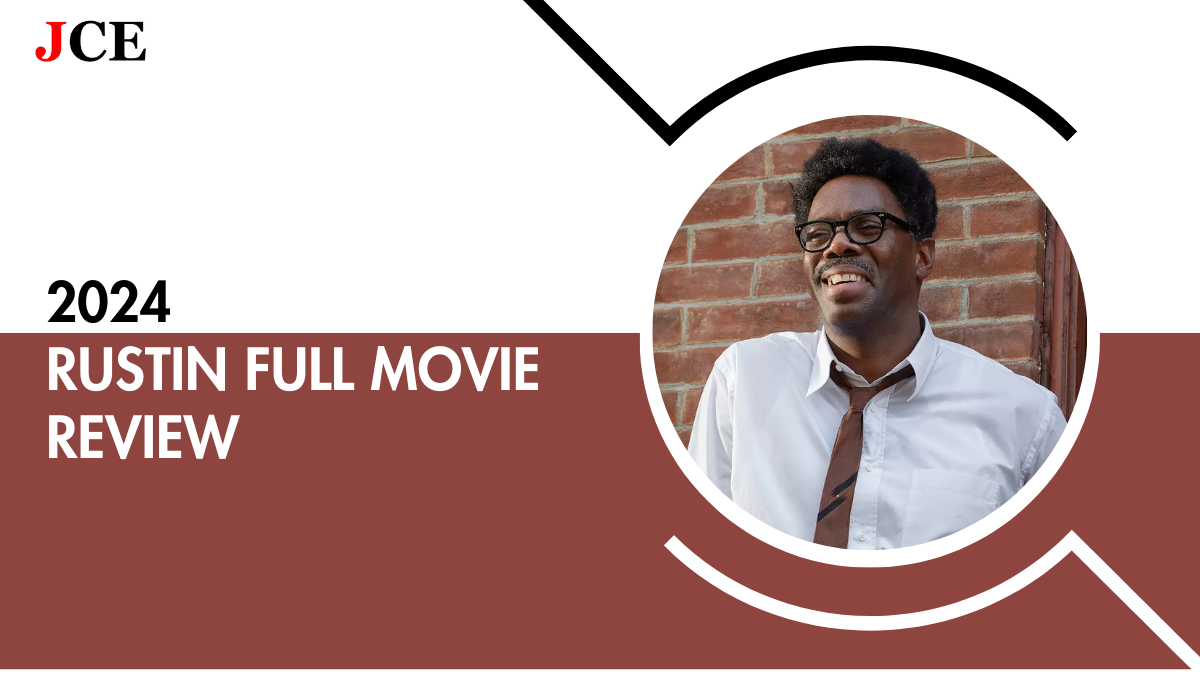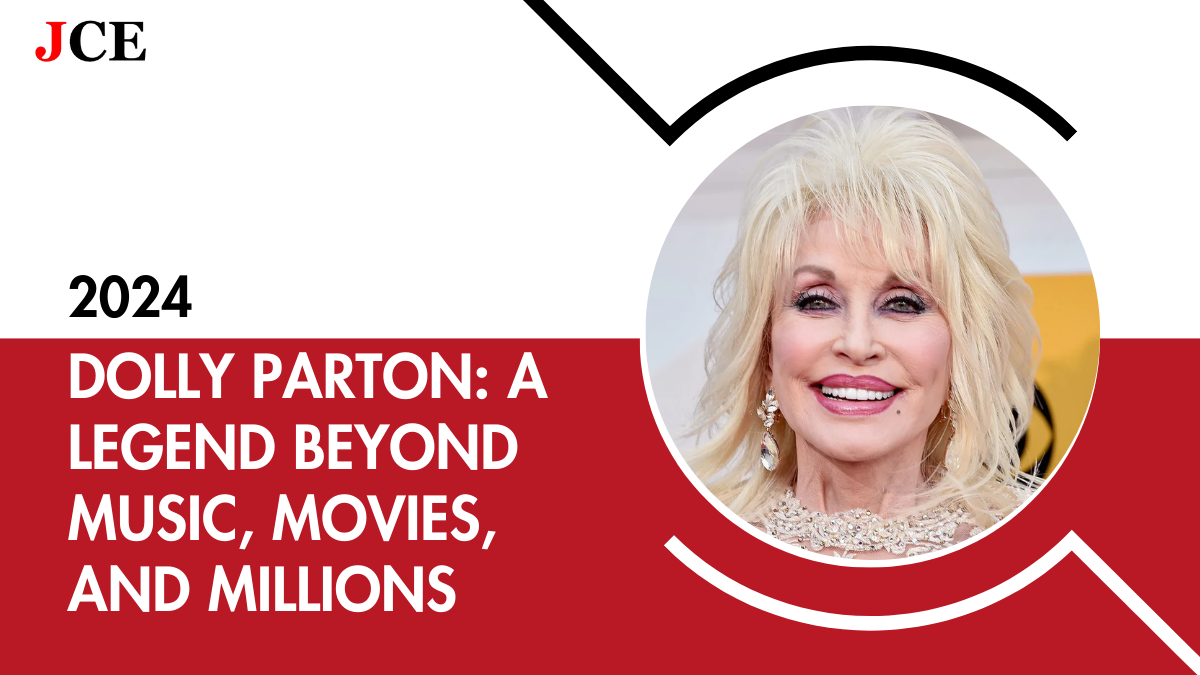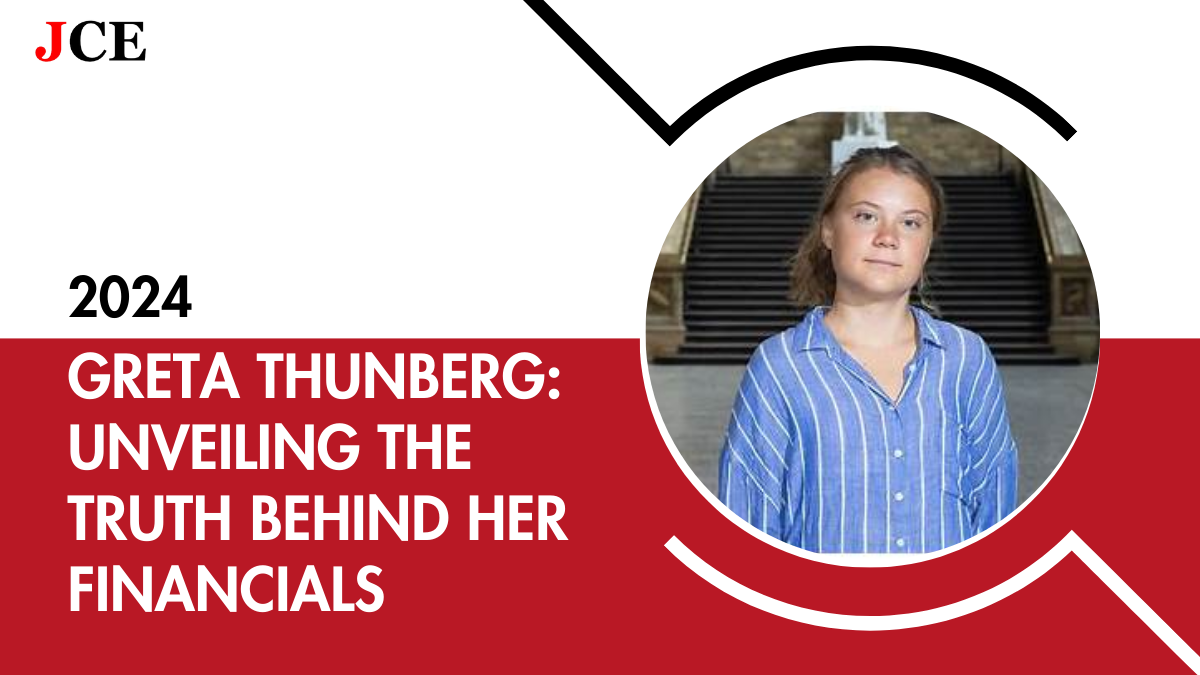The biographical drama Rustin sheds light on the life and legacy of Bayard Rustin, an often-overlooked yet pivotal figure in the civil rights movement. Directed by George C. Wolfe and starring Colman Domingo, the film revisits the organizing efforts behind the historic 1963 March on Washington. With stellar performances and a compelling narrative, Rustin offers a heartfelt portrayal of courage, activism, and resilience.

The Storyline: A Mastermind Behind the March
The film centers on Bayard Rustin, an openly gay Black man, who played a critical role in organizing the March on Washington for Jobs and Freedom. Despite his invaluable contributions to the civil rights movement, Rustin’s sexuality and political affiliations often made him a target of scrutiny. Rustin doesn’t shy away from exploring these complexities, balancing his public achievements with his private struggles.
Key plot elements include:
- Rustin’s determination to unite leaders despite differences.
- The hurdles of prejudice, both racial and sexual, that he faced.
- The profound message of the march: equality, freedom, and justice.
Stellar Performances: Colman Domingo Shines
Colman Domingo’s portrayal of Bayard Rustin is nothing short of transformative. His ability to capture Rustin’s charisma, humor, and unyielding spirit is a highlight of the film. Supporting performances from Chris Rock, Glynn Turman, and Audra McDonald further enhance the emotional depth of the narrative.
- Colman Domingo: A commanding lead performance that carries the film.
- Chris Rock: Subtle yet impactful in a supporting role.
- Audra McDonald: Adds warmth and emotional resonance.
The Direction and Cinematography
Director George C. Wolfe crafts a poignant narrative, blending historical authenticity with artistic flair. The film’s cinematography captures the vibrancy of the 1960s, from bustling streets to solemn moments of reflection. Wolfe ensures the pacing keeps audiences engaged while allowing key moments to resonate deeply.
Highlights include:
- Authentic recreation of the 1960s setting.
- Powerful visual storytelling during the march scenes.
- Insightful dialogues that underscore Rustin’s ideologies.
Themes That Resonate Today
While Rustin is set in the 1960s, its themes remain relevant. The film addresses issues of systemic racism, LGBTQ+ rights, and the power of activism, reminding viewers of the ongoing struggles for equality. It also serves as a reminder of the importance of intersectionality in social justice movements.
Key Takeaways:
- The fight for equality transcends time.
- Unity and perseverance are essential in driving change.
- Acknowledging unsung heroes enriches our understanding of history.
Strengths and Weaknesses: A Quick Look
| Strengths | Weaknesses |
|---|---|
| Outstanding performance by Domingo | Pacing feels uneven in parts |
| Authentic depiction of historical events | Some side characters lack depth |
| Relevant and impactful themes | Limited exploration of Rustin’s personal life |
Final Verdict
Rustin is a must-watch for history enthusiasts, social justice advocates, and anyone who appreciates powerful storytelling. Its heartfelt depiction of Bayard Rustin’s life ensures his legacy is celebrated and remembered. The film not only educates but inspires, making it a vital addition to the genre of biographical dramas.
Rating: ★★★★☆ (4/5)
Have you watched Rustin? Share your thoughts on this moving portrayal of a civil rights icon!
Click here to learn more












